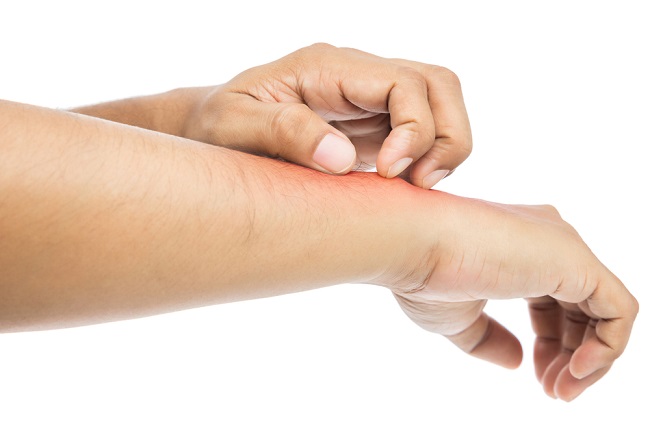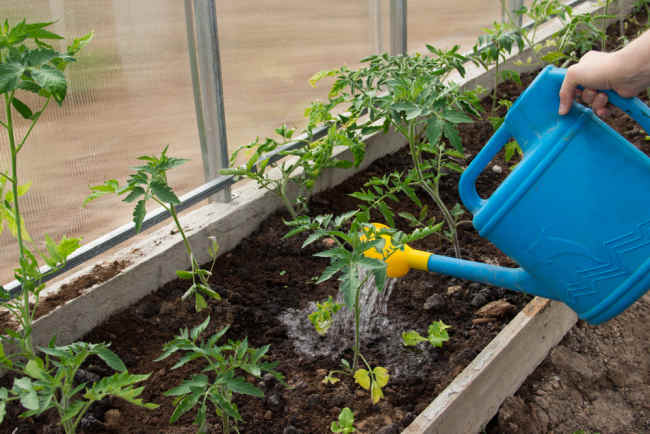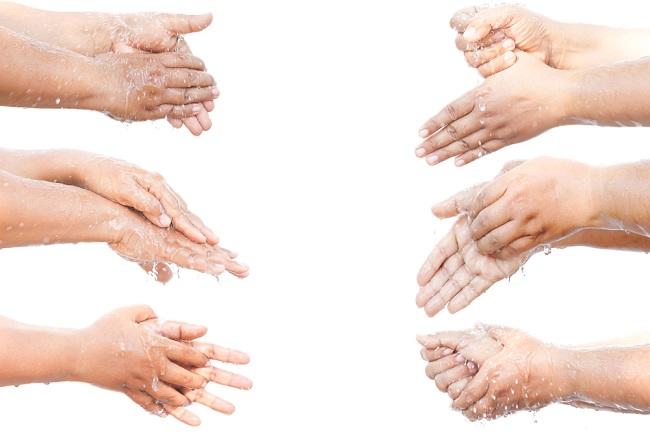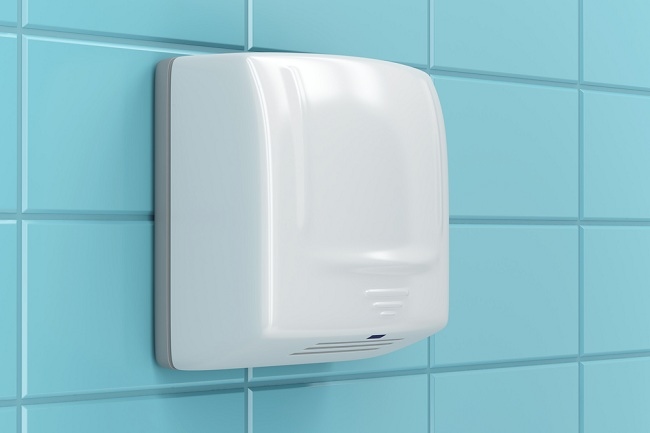In addition to filling free time, gardening activities and maintaining plants apparently have tremendous benefits for our health. you know. What are these benefits? Come on, find out here.
Planting activities is an activity that can be used as a hobby or a hobby passion by anyone. Not only favored by women, this activity is also much favored by men. By gardening and farming, you can grow and maintain the plants you like, ranging from various types of flowers, vegetables, to fruit.

List of Health Benefits of Gardening and Caring for Plants
Although not all houses have a yard to plant plants, gardening can still be done in style urban farming, namely by utilizing flower pots, used plastic containers, or using a soilless planting system (hydroponics).
Whatever the place and medium, gardening and maintaining plants has benefits for your health, including:
1. Increase endurance
Gardening activities are usually done outdoors. When gardening, your body will be exposed to the sun. Sunlight, especially in the morning, produces ultraviolet or UV rays which when touching the skin will be converted by the body into vitamin D.
Vitamin D has an important role in maintaining your immune system, so you don't get sick easily. In addition, this vitamin is also useful for increasing the absorption of calcium which is useful for strengthening your bones, you know.
However, make sure you use sunscreen or a hat so that your skin doesn't get sunburned.
2. Get rid of boredom and stress
The hectic activity at the office or the same routine every day can make you feel bored and stressed. nowTo get rid of these feelings, you can try gardening activities.
Planting plants that you love and seeing their progress every day, from the growth of shoots, leaves, flowers, to fruit or vegetables that you can harvest, can make you feel happy and proud. Plus, as your plants grow and develop, the scenery at home becomes more beautiful and soothing.
Not only that, exposure to sunlight when you grow crops or just water your favorite plants can also trigger the brain to release the hormone serotonin, a hormone that can improve your mood. So, with just this simple activity, you can feel much better than before.
3. As a means of physical exercise and sports
If you don't like exercising, by gardening at least once a week, you can exercise without having to do difficult movements that you don't like! This is because gardening makes you physically active and your strength is trained.
When gardening you will do many things, from dredging soil to fill pots, moving pots that have been planted, fertilizing plants, to lifting buckets of water to water plants. This activity will certainly make you use a lot of muscle and sweat.
4. Maintain brain health
A study revealed that gardening can maintain brain health because this activity will make the mind busy and focused, as well as open opportunities for social interaction with people outside the home.
This is very good for brain health, especially for the elderly (elderly) who are at great risk of developing dementia in later life.
5. Get used to eating healthy food
If you choose to grow vegetables or fruits while gardening, chances are that you and your family will automatically be more motivated to eat these healthy foods grown in your home.
How come? Just to grow and care for it takes quite a long time. When it's harvest time, you and your family will be more enthusiastic to feel the results. In addition, the harvest you get will be much cleaner and free of pesticides, making it healthier.
Plus, you also don't have to go far to shop for vegetables and fruit because you can freely pick them from the garden when they are ripe and can be consumed.
Gardening can indeed make you dirty because you have to play with soil and fertilizer. However, the benefits of gardening and maintaining plants for health are quite interesting. right?
If you've never gardened before, don't hesitate to start, OK? You can also invite other members of your family. The benefits of gardening for health are not only for adults, even children and the elderly can feel it.
However, there is an important thing you must remember, namely if you are allergic to a type of plant or flower pollen, you need to be more selective in choosing the type of plant you will care for. Avoid plants that you clearly know can trigger your allergy symptoms or flowers that have a lot of pollen.
After gardening is complete, you are also advised to immediately take a shower and change clothes to rid yourself of allergenic substances that may stick together during gardening.
If while gardening you experience allergies that cause swelling of the face, shortness of breath, or even weakness, consume or use the allergy medicine you have. If the symptoms do not improve, immediately go to the emergency room or the nearest doctor.









